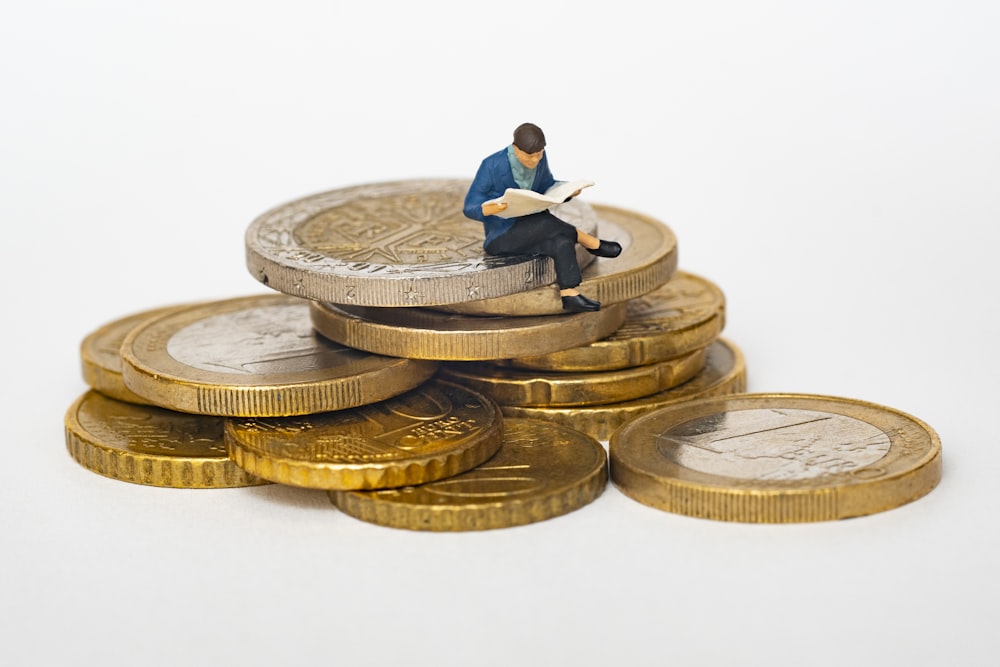
To understand what the investment attractiveness of France is, it is important to consider a number of factors.
Highly qualified workforce, tax incentives for research, extensive infrastructure, energy consumption structure, a favorable location in the center of the Eurozone with a single European market (500 million consumers) – all this makes France extremely attractive for investors from all over the world.
According to estimates by Business France, half of the foreign investment projects are the opening of new industries, 42% – the expansion of existing projects. The remaining 8% is the purchase of French enterprises by foreigners.
Investment in France: the first reason is a world-class infrastructure
The leading business aviation airport in Europe (Paris-Le-Bourget) and the leading airport for cargo transportation are located in France. The 2nd largest international passenger airport is Paris-Charles-de-Gaulle, one of the ten largest airports in the world.
France is also attractive for investment because here is the 2nd longest network of high-speed railways in Europe. And finally, France takes third place in Europe with its national road system with more than 11,450 km of motorways (7,115 miles according to Eurostat). It should be noted that France is also the second European country in terms of energy resources (according to WEF studies in 2019).
Investment in France: the second reason is leading an open economy
France has the fifth largest economy in the world, the second-largest consumer market in Europe, and the seventh-largest foreign investor in the world. It offers a wide range of business opportunities for investors, has proven experience in attracting and retaining foreign companies and key specialists.
The contribution of foreign companies to the French economy is as follows:
- 16% of the value-added in the French economy;
- 30% of all French exports;
- more than 45% of the shares of companies listed in the state stock index belong to non-residents,
- almost 21% of research and development is carried out by foreign companies.
France always welcomes foreign talent and investment, is the leading host state for foreign investment in industry (according to the EY agency in 2019). For example, 25,000 subsidiaries are owned by foreigners and 1,117 new commercial enterprises are created by non-residents in 2019 (according to Business France 2019).
Investing in France: the third reason is deep talent reserve
Foreign investors should take into consideration that France has high hourly labor productivity, which is ahead of Germany and the UK. Other privileges of French jurisdiction regarding education and professionals:
- 1.6 million scientists and engineers (44% from 25 to 34 years old, have higher education, compared with 30.5% in Germany and 25.6% in Italy);
- some of the best business schools in the world are based;
- three of the top six institutions offering a Masters in Management are French;
- new and innovative players train 900 developers per year.
France is the fourth leading country in the world with higher education – more than 309,600 foreign citizens study here.
Investing in France is also attractive because foreigners use an individual tax regime that lasts for eight years, offering an exemption from income tax in the amount of 30% to 50% of the total amount of wages.
Another fact that plays in favor of the French state are the huge number of start-ups and hardening start-ups (more than 12 thousand), as well as the presence of a start-up campus located in Paris.
Investment in France: the fourth factor is the country’s strategic position
In 2019, Europe was the second-largest market in the world with more than 67 million inhabitants and direct access to more than 500 million consumers in a single European market. It should be underlined that in France is the highest concentration of headquarters of large international companies (more than 500).
France offers to the foreign investors an advantageous location in Central Europe, providing easy access to the markets of EMEA (the economic region of Europe and the Middle East) and Africa.
The key sectors of the state, the most interesting from the side of foreign investment in France, can be safely called:
- healthcare
- information and financial services;
- food industry;
- robotics;
- aerospace complex;
- automotive industry;
- logistics and transportation;
- chemical industry;
- alternative energy.
Investment in France: the fifth reason is creative, innovation-friendly business environment
France is deservedly considered the best place in Europe for tax incentives for research and development (R&D) and an effective corporate tax rate for them.
By the way, “entrepreneur” is precisely the French word, which appeared much earlier than the word “enterprise”. So we will not discard historical moments – it was the French who first came to this concept, explaining with it the classical economy in the image of trade and artisan organizations.
Nowadays important indicators here are:
- preferential taxation for companies with a turnover of up to 100 million EUR;
- foreign companies regularly increase their research and development costs in France by 9% per year, starting in 2007;
- France is a leading source country for high-tech firms in the EMEA region;
- France is the leading source country in Europe among the 100 most innovative organizations in the world.
Another important point for foreign investment in France is the second-largest country to win the Fields Medal (13 medals), an international prize with medalists that is awarded to young mathematicians as part of the international mathematical congress.
Investment in France: the sixth factor is Europe’s leading financial center
Since 2017, France has been a leading European venture capital market with funds raised in the amount of more than EUR 2.7 billion (Q1 and Q3), which is being followed by the UK.
Paris is the leading financial market in the Eurozone with more than 800,000 full-time jobs and 400,000 part-time jobs in the financial industry (data relevant to the Paris region).
Another important point of interest to foreign investors is the stability of the banking system of France, which is confirmed by the absence of economic fluctuations and various negative factors even during the global economic crisis.
Investing in France is also beneficial because financial services are not only represented by a wide range but also provide for increased privacy and security measures.


